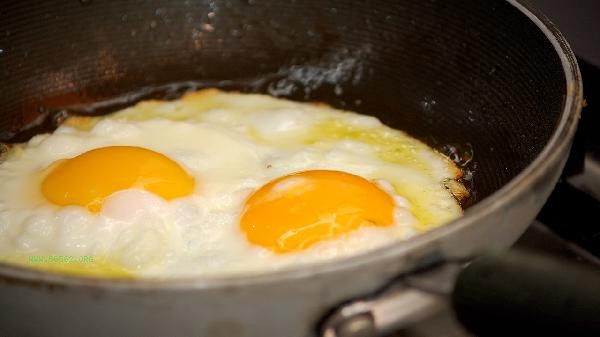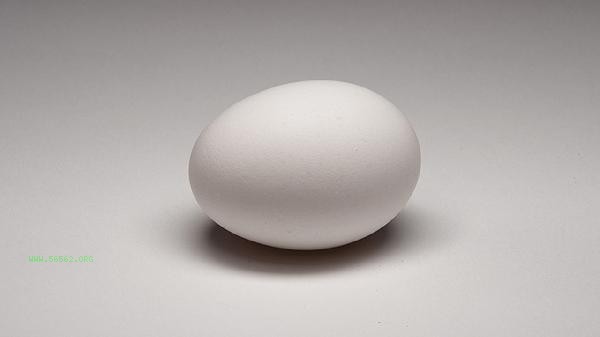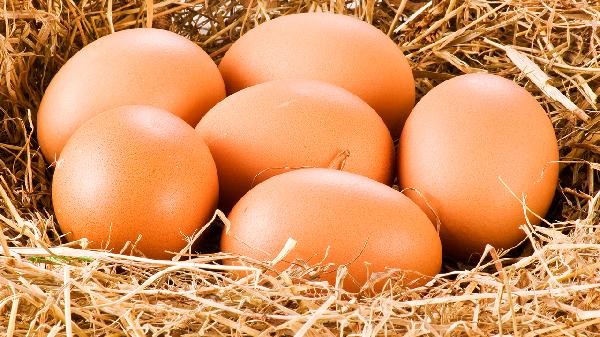During weight loss, you can eat eggs in moderation at night. Eggs are rich in high-quality protein and various nutrients, which can provide a sense of fullness without causing excessive calories. They are suitable as a light dinner choice for the evening, but attention should be paid to cooking methods and combinations.

1. Protein advantage:
Eggs have a slower digestion and absorption rate of protein, which can maintain a sense of fullness and avoid overeating caused by nighttime hunger. Each egg contains about 6 grams of protein and only about 70 calories, which not only meets nutritional needs but also prevents heat accumulation. The protein absorption rate of boiled or steamed eggs can reach over 90%.
2. High nutrient density:
Eggs contain 13 essential nutrients such as lecithin, vitamin B12, selenium, etc. The choline component in it helps with fat metabolism, and vitamin D can regulate leptin secretion. These micronutrients have a positive effect on maintaining metabolic balance and are particularly suitable for nutritional supplementation during weight loss.
3. Low impact on blood sugar:

The glycemic index of eggs is close to zero and will not cause severe fluctuations in insulin. Compared to carbohydrate snacks, eggs can stabilize nighttime blood sugar levels and reduce opportunities for fat synthesis. Pairing with a small amount of dietary fiber yields better results.
4. Cooking method key:
It is recommended to choose boiled, steamed, or oil-free fried eggs to avoid deep frying or high oil cooking. A fried egg may increase its calorie intake by over 50 calories after absorbing oil. Can be paired with low calorie vegetables such as cucumber and tomato, avoiding consumption with high-fat ingredients such as bacon.
5. Suggested consumption time:
It is ideal to consume 2-3 hours before bedtime to allow processing time for the digestive system. People with gastrointestinal sensitivity should eat earlier. 1-2 eggs are recommended each time, as excessive consumption may increase metabolic burden. Individuals with renal dysfunction need to control their intake.

It is recommended to combine moderate exercise with egg consumption in the evening, such as taking a 20 minute walk after meals to promote digestion. Long term weight loss enthusiasts can try making a nutritionally balanced dinner with eggs, quinoa, broccoli, and other ingredients. Pay attention to observing physical reactions, as some individuals may have egg allergies or intolerance. Maintaining a diverse dietary structure and avoiding excessive intake of a single food are necessary to achieve healthy weight loss goals.




Comments (0)
Leave a Comment
No comments yet
Be the first to share your thoughts!